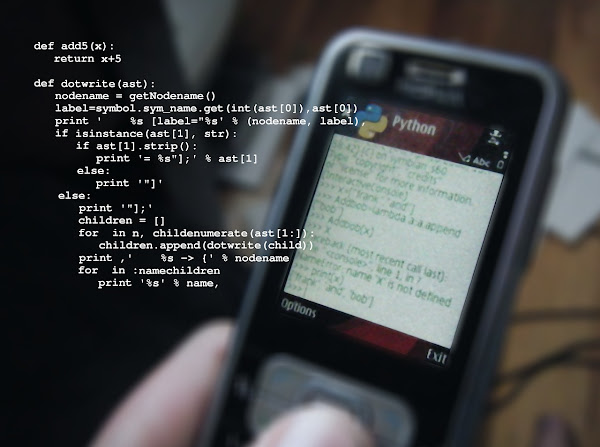Trellix, an advanced research centre rediscovered a 15-year-old vulnerability in Python programming language that is still being exploited and has affected over 350,000 projects.
The threat researchers at Trellix considered claimed to have found a zero-day vulnerability, it is a 15-year-old security flaw in the Python module, that has remained unpatched, and is now exposing around 350,000 open as well as closed source projects to the risk of supply chain cyberattacks.
The Trellix estimate indicates that many of the affected repositories are used by machine learning tools that help developers to complete the project as soon as possible.
In of one of the articles, Kasimir Schulz mentioned that the vulnerability was a form of routed traversal attack in the “extract and extractall functions of the tarfile module,” which is contained within the TAR file module itself.
These open-source projects cover a wide range of areas including web development, media, IT management, software development, artificial intelligence, machine learning, and security.
The vulnerability, tracked as “CVE-2007-4559”, permits the threat actor linked with a user, to execute the code and overlap the arbitrary files by using filenames with dedicated sequenced filenames in the TAR archive. This allows the attacker to acquire control of the targeted device.
It is similar to the vulnerability named, CVE-2022-30333, which was recently found in RARIab’s UnRAR, which also allows the attacker to execute the code remotely.
The CVE-2007-4559 was first discovered in 2007 when it was declared as a vulnerability of low importance by Red Hat, one of the world’s leading solution providers of enterprise open-source software.
The bug can be leveraged on Linux as well. It includes the specially crafted TAR archive used to overwrite or overlap the existing arbitrary files on the targeted device by just opening the file. It is through this simple overlap that the attacker is able to inject the malicious tarfile in a way that allows him to execute the code by intending that the file be extracted after crossing the directory boundary.
Reportedly, the patches have been introduced by Trellix for the aforesaid vulnerability. Initially, they are made available for about 11000 projects, but within the next week, they will be available for about 7000 projects.









